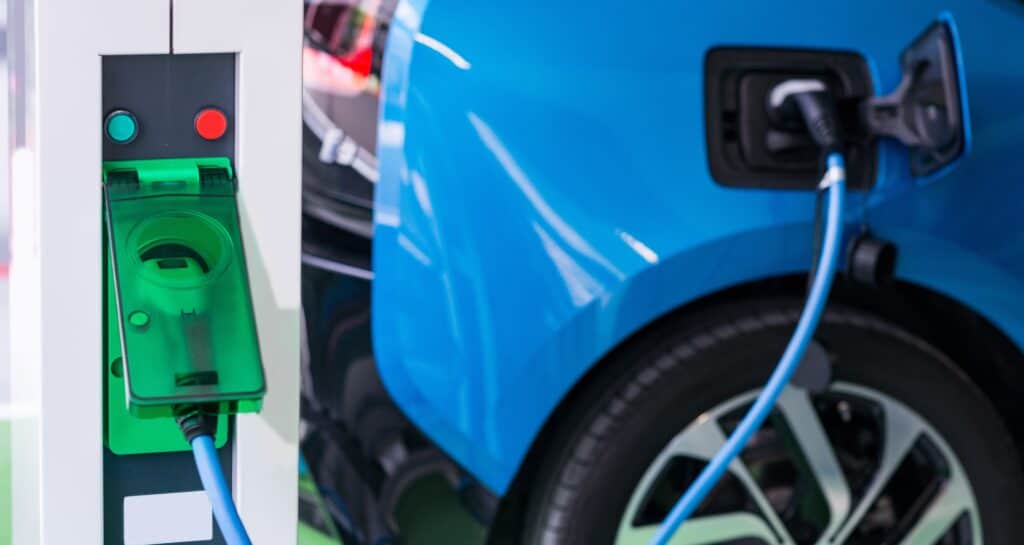Record EV registrations in 2021 – have you thought about the long-term plans for your fleet?

Figures have revealed that while new vehicle registrations for fleets and businesses fell by 4.5% in 2021, the market share of electric vehicles (EVs) increased by 8.9%.
It means that 27.5% of the total vehicle market is now electrified, whether that’s through hybrid or fully electric vehicles.
Sales figures for the year were impacted by the global semiconductor shortage, with many fleet owners and businesses delaying their replacement cycles or looking to the second-hand market.
So, what does the future of the EV market look like?
Given that we’re moving closer to the final new internal combustion engine (ICE) vehicles being produced, the EV market is on an upward trajectory.
The semiconductor shortage has delayed the arrival of new vehicles thanks to a lack of availability, but in a way, that could mean that many fleet owners make the jump to electric sooner…
That’s because replacement cycles are being extended and short-term solutions are being taken – whether that’s extending the life of current vehicles or looking to second-hand vehicles over a shorter period.
That way, it buys time before deciding whether to switch over in the next year or two.
Last year was the most successful year ever for EVs, and experts are predicting that will be the case once again in 2022, and most likely every year as we build towards EVs becoming the dominant force in vehicle type.
The charging point problem…
Car industry experts have stated that the UK needs to install ‘millions’ more charging points for electric vehicles (EVs).
The Society of Motor Manufacturers and Traders (SMMT) says that legally binding targets to build battery factories and install charging points need to be set and that doing so could create up to 40,000 high-skilled jobs.
It has warned that failure to act now could have a significant impact, with 90,000 jobs at risk and potential regional inequality should the government not announce concrete plans with specific targets.
Under current plans, the UK is set to have 12 gigawatt hours (GWh) of battery production by 2025, which lags behind Germany’s current target of 164GWh in the same timeframe.
As of now, the UK has 23,800 public access charging points, including 4,450 rapid devices, and the rollout of a £1.3 billion investment scheme has been announced.
The UK will most likely need more than 2 million new charging points across the UK so that all drivers have the confidence to invest in the latest low emission technology.
With 42% of UK homes not having a driveway, that means a significant investment in off-street EV charging points.
Have you switched over to electric?
The UK was the third-largest European market for new car registrations in 2021, but crucially, it was the second-largest for plug-in electric vehicles and the second-largest for battery electric vehicles.
So, has your fleet made the switch to electric? If not, is it in the pipeline? And has the semiconductor crisis affected your replacement cycle? Let us know in the comments below.










